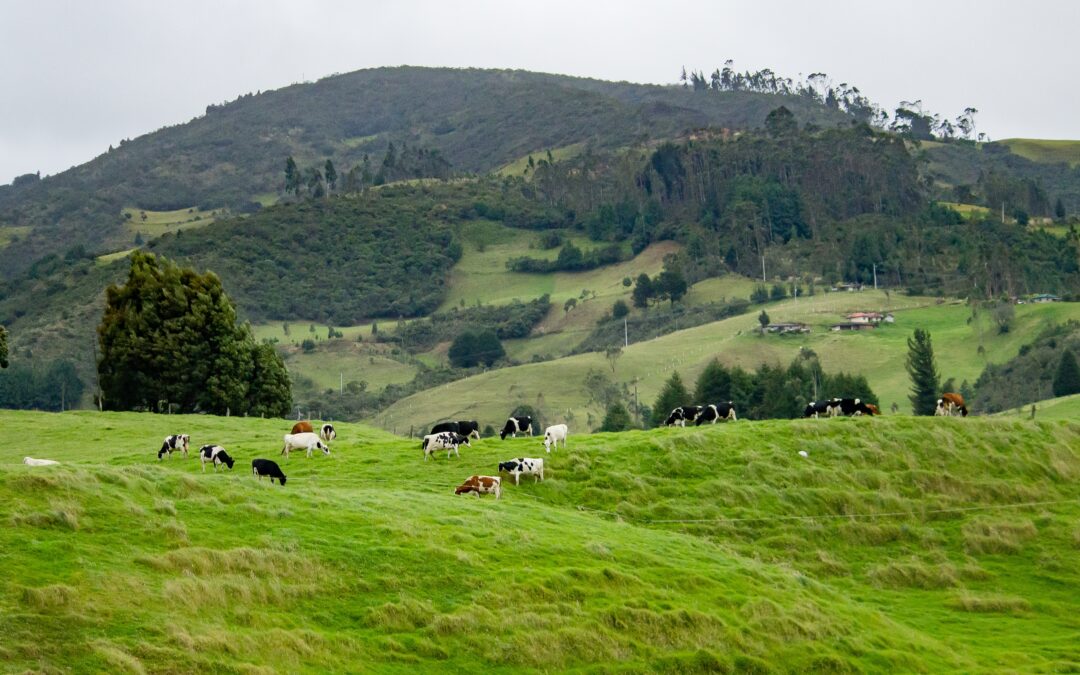Climate change, food security, and sustainability are among the most pressing global challenges of our time. As we strive to feed a growing population while mitigating the impacts of climate change, it is essential to recognize the role of agriculture and livestock in shaping a sustainable future. In this blog post, we will explore how the agri-livestock sector can be part of the solution, contributing to climate resilience, food security, and sustainable development.
- Climate Change and Agriculture: Climate change poses significant risks to agricultural productivity and food systems worldwide. Extreme weather events, shifting rainfall patterns, and rising temperatures threaten crop yields and livestock production. However, agri-livestock practices can both mitigate and adapt to climate change. For instance, implementing sustainable land management techniques, such as agroforestry and conservation agriculture, can sequester carbon, improve soil health, and enhance resilience to climate impacts.
- Livestock and Sustainable Food Production: Livestock plays a crucial role in global food production, providing essential nutrients and livelihoods for millions of people. However, the livestock sector also contributes to greenhouse gas emissions and environmental degradation. By adopting sustainable practices, such as improved feed efficiency, methane capture, and manure management, we can reduce the environmental footprint of livestock production while ensuring the availability of safe and nutritious food.
- Agri-Livestock and Food Security: Food security is a complex issue affected by various factors, including access, availability, utilization, and stability. Sustainable agri-livestock practices can contribute to all dimensions of food security. Diversification of agricultural systems, integrating livestock with crop production, and supporting small-scale farmers can enhance resilience, improve nutrition, and increase the availability of affordable and nutritious food.
- Innovations in Agri-Livestock: Technological advancements and innovative approaches are transforming the agri-livestock sector, making it more sustainable and resilient. Precision nutrition and farming, remote sensing, and data analytics enable farmers to optimize resource use, minimize waste, and improve productivity and profitability.
- Collaborative Efforts and Policy Support: Addressing the interconnected challenges of climate change, food security, and sustainability requires collaborative efforts from various stakeholders. Governments, international organizations, researchers, farmers, and consumers must work together to promote sustainable practices, invest in research and development, and create supportive policies that incentivize sustainable agriculture and responsible livestock production.
Conclusion: Agri-livestock is a critical component of the solution to climate change, food security, and sustainability. By embracing sustainable practices, adopting innovative technologies, and promoting collaboration, we can harness the potential of the agri-livestock sector to create a resilient and sustainable food system. Let’s prioritize the integration of sustainable agriculture and responsible livestock production as we strive for a better future for ourselves and generations to come.
Remember, our choices as consumers also have an impact. By supporting sustainable and ethically produced food, we can contribute to a healthier planet and a more secure food future for all. Together, we can make a difference!

